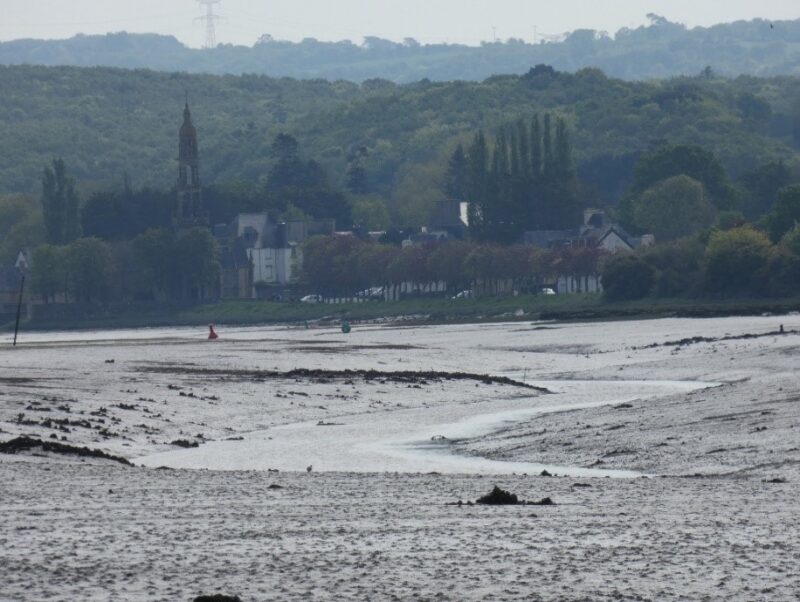MARESISTOME

The MARESISTOME project aims to study the role of the coastal ecosystem in the emergence and spread of antibiotic resistance, using clams as a model.
Combating antibiotic resistance spreading requires a global approach in human health, animal and environmental health called “One Health”. However, the role of the marine environment in the emergence and spread of antibiotic resistance is still largely unknown.
This project will allow the establishment of a new and effective pluridisciplinary research and training consortium to achieve 4 specifics objectives.
The first aim is to assess the presence and dynamics of antibiotic resistance genes and resistant bacteria in coastal waters and in the microbiota of clams from highly anthropised and protected areas, in order to determine the environmental factors likely to influence their spread. Then, to verify whether the ingestion of contaminated bivalves induces the transfer of resistance genes into the food chain. Finally, to propose innovative biotechnological strategies in aquaculture to mitigate the emergence and spread of resistance for sustainable aquaculture.
A first assessment of the state of knowledge of various players (doctors, pharmacists, farmers, shellfish farmers, associations, public services, etc.) on the issues related to the spread of antibiotic resistance in the marine environment will also be carried out.
The MARESISTOME project brings together fields of expertise that are rarely mentioned (aquaculture, environmental microbiology and ecology, hospital hygiene, food safety, sociology, etc.) but which are essential for a better understanding of the issue of antibiotic resistance in the marine environment.
It also contributes to student training through internships, an international workshop and a course module in the form of a shared interdisciplinary project (PIM) for ISblue Masters students.
This project is led by Gwenaëlle Le Blay and Stéphanie Madec from the LEMAR laboratory. Find out more about the team and partners.
 Attention, vous utilisez un navigateur peu sûr !
Attention, vous utilisez un navigateur peu sûr !